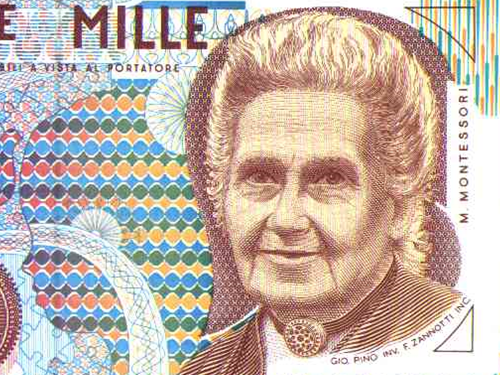

Montessori is indispensable reading for anyone interested in teaching, training, or considering Montessori schooling, in developmental psychology, or in understanding about human learning and education overall. Montessori education is opposite in these arrangements, and is actually more in line with what developmentalists know about children: Younger children are more apt to play side by side but not necessarily together, whereas elementary-age children are intensely social. Furthermore, in this new edition, she presents recent studies showing evidence that this alternative to traditional schooling does indeed make a difference.


Lillard explains the scientific basis for Montessori's system and the distinctions between practices in traditional, "Montessomething, " and authentic Montessori education. In reading this book, parents and teachers alike will develop a clear understanding of what happens in a Montessori classroom and, more importantly, why it happens and why it works. Lillard presents the research behind nine insights that are foundations of Montessori education, describing how each of these insights is applied in the Montessori classroom. In Montessori, Angeline Stoll Lillard shows that science has finally caught up with Maria Montessori. One hundred and ten years ago, Maria Montessori, the first female physician in Italy, devised a very different method of educating children, based on her observations of how they naturally learn. Education for Children Works Cited Name Index Subject Index. Adult Interaction Styles and Child Outcomes The Impact of Movement on Learning and Cognition Bibliography Includes bibliographical references (pages 399-445) and indexes.


 0 kommentar(er)
0 kommentar(er)
